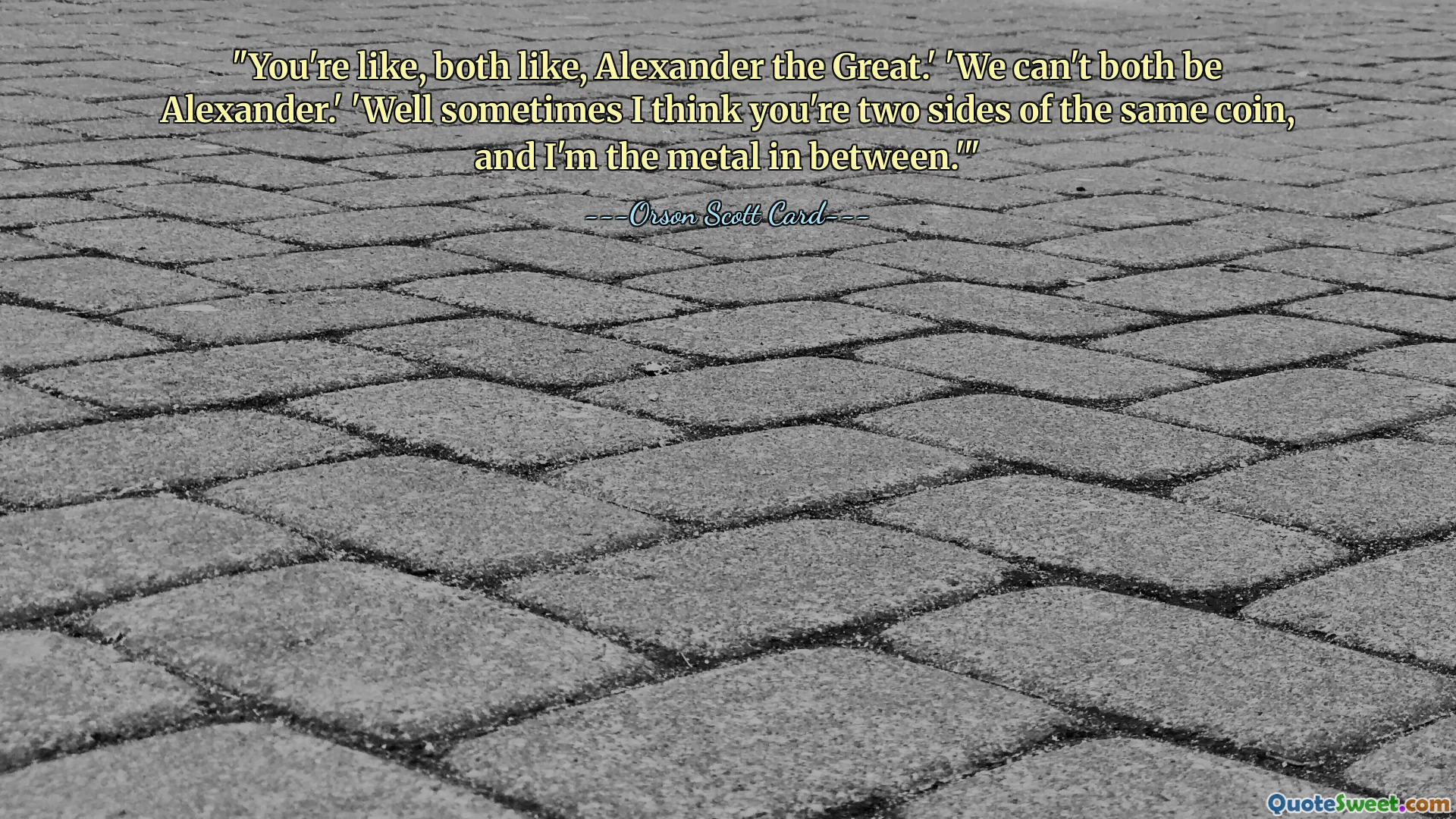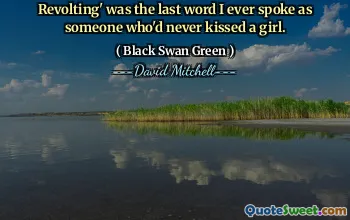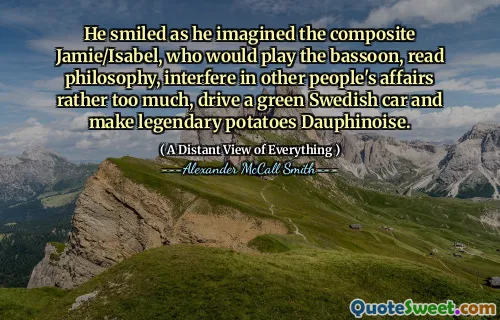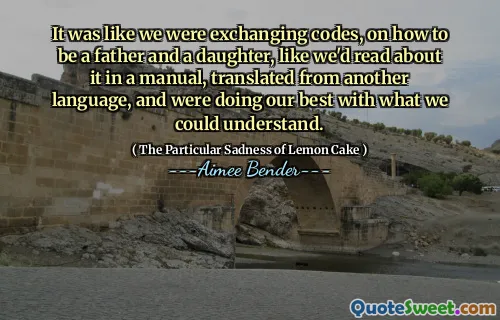
"You're like, both like, Alexander the Great.' 'We can't both be Alexander.' 'Well sometimes I think you're two sides of the same coin, and I'm the metal in between.'"
This quote beautifully captures the dynamic tension in relationships where two individuals perceive themselves as sharing equally significant roles or identities, yet fundamentally distinct. Comparing one another to Alexander the Great implies not just greatness but also a historic, almost mythic stature—both wanting to claim that singular, exalted position. However, the wise retort that "we can't both be Alexander" acknowledges the inherent impossibility of sharing an identical role. The metaphor of "two sides of the same coin" suggests that while these individuals are distinct—different in perspective, nature, or qualities—they are inseparably linked, complementary halves that together form a whole. The line "I'm the metal in between" adds a fascinating layer: the speaker positions themselves as the binder, the substance holding both sides together. This statement can be interpreted emotionally or philosophically: the narrator serves as a mediator or the essential element that gives the two sides a shared existence. Such a metaphor invites reflection on identity, unity, and individuality within close relationships—be it friendships, sibling bonds, or creative partnerships. It highlights that while each individual may embody a unique greatness, their interconnection creates something more meaningful and complex. This quote encourages us to think beyond competition or rivalry and instead appreciate the nuanced, complementary forces that exist between people.











